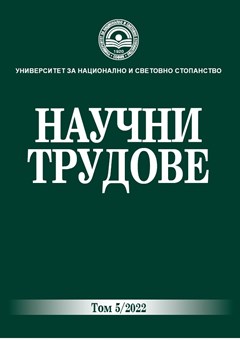Evaluation of the Impact of Sanctions in the Energy Sector Against Russia and the Possibilities for Strengthening Their Efficiency
Автор: Emil Asenov
Резюме
Abstract
In response to the military aggression against Ukraine the European countries undertook fast and decisive steps by implementing restrictive measures and imposing sanctions targeting Russia. An important part of these sanctions is in the energy sector. The policy of imposing sanctions adopted by the EU and its allies is the key instrument for pursuing a common foreign and security policy. The imposition of sanctions is an attempt to respond adequately to the challenges resulting from the policy conducted by Russia in the energy sector that has consistently been using the energy supplies for the European countries as a means of exerting pressure and posing risks for their energy security.
The aim of the current economic sanctions is to have a negative impact on the Russian economy and efficiently obstruct its capacity to proceed with the aggression. To shed further light on the matter an evaluation of the research conducted with respect to the efficiency of the sanctions implemented against Russia in 2014 is presented. The article introduces a forecast and information about the effect of the sanctions imposed on the energy supplies from Russia. An analysis of the reasons leading to the so far unsatisfactory results is made. In conclusion some requirements and recommendations for the implementation of the future policy of sanctions imposed by the European Union are defined.
JEL: F51, F02, F17, Н68

